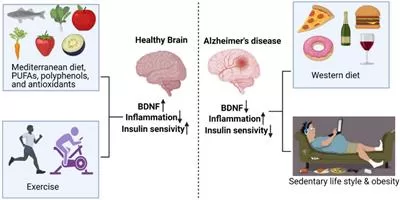Doctors may soon be able to swiftly prescribe personalized antibiotic regimens with just a few clicks, thanks to an innovative AI-driven solution developed by Singapore General Hospital (SGH) in collaboration with DXC Technology and Synapxe. This new tool, known as the Augmented Intelligence in Infectious Diseases (AI2D), aims to optimize antibiotic prescribing for common hospital-treated infections, such as pneumonia and urinary tract infections (UTIs).
The AI2D solution is designed to help physicians make more informed decisions about whether antibiotics are needed, adjusting the treatment as necessary once bacterial culture and test results are available. This advancement could lead to more tailored and efficient treatments for patients, reducing unnecessary antibiotic use and mitigating the risk of antibiotic resistance.
The team behind the project, led by SGH’s Division of Pharmacy, has already developed an AI model for pneumonia treatment, which demonstrated an impressive 90% accuracy in a pilot study. The study aimed to determine whether antibiotics were required based on clinical symptoms and other factors, even before lab results are ready. Currently, the team is conducting a larger-scale comparative study involving 200 hospitalized patients, randomly assigning them to receive treatment determined by either physicians alone or physicians using the AI2D system.
“Doctors are constantly weighing the risks and benefits of antibiotic use, but it can be challenging to make a definitive decision based on clinical assessment alone,” said Dr. Piotr Chlebicki, Senior Consultant, Department of Infectious Diseases at SGH. “AI2D will help guide the doctor’s decision before lab results come in, potentially preventing both under- and over-prescribing of antibiotics.”
The pneumonia model was built using a vast dataset of de-identified clinical data from around 8,000 SGH patients between 2019 and 2020, which included X-rays, clinical symptoms, and vital signs. This was validated against another set of 2,000 cases in 2023. The study’s results revealed that almost 40% of antibiotics prescribed at the onset of pneumonia may have been unnecessary.
This finding echoes broader global concerns about antibiotic overuse. The U.S. Centers for Disease Control and Prevention (CDC) estimates that up to 50% of all antibiotics prescribed in the U.S. are either unnecessary or inappropriate, particularly in inpatient settings.
The next phase of the AI2D project will involve determining which specific antibiotics are most effective for pneumonia and UTIs. By leveraging AI, the tool can recommend not only whether antibiotics are necessary but also which antibiotic to prescribe and at what dosage, based on the patient’s clinical data.
“AI2D has the potential to reduce antibiotic consumption, which could lower the risks of developing antibiotic resistance,” said Associate Professor Andrea Kwa, Deputy Director of Pharmacy (Research and Innovation) at SGH. “By ensuring antibiotics remain effective for the long term, this technology will be an essential tool for healthcare providers.”
As antibiotic resistance continues to pose a significant challenge in healthcare, AI2D could become a game-changing solution in ensuring antibiotics are used responsibly and effectively, ultimately preserving their efficacy for future generations.











